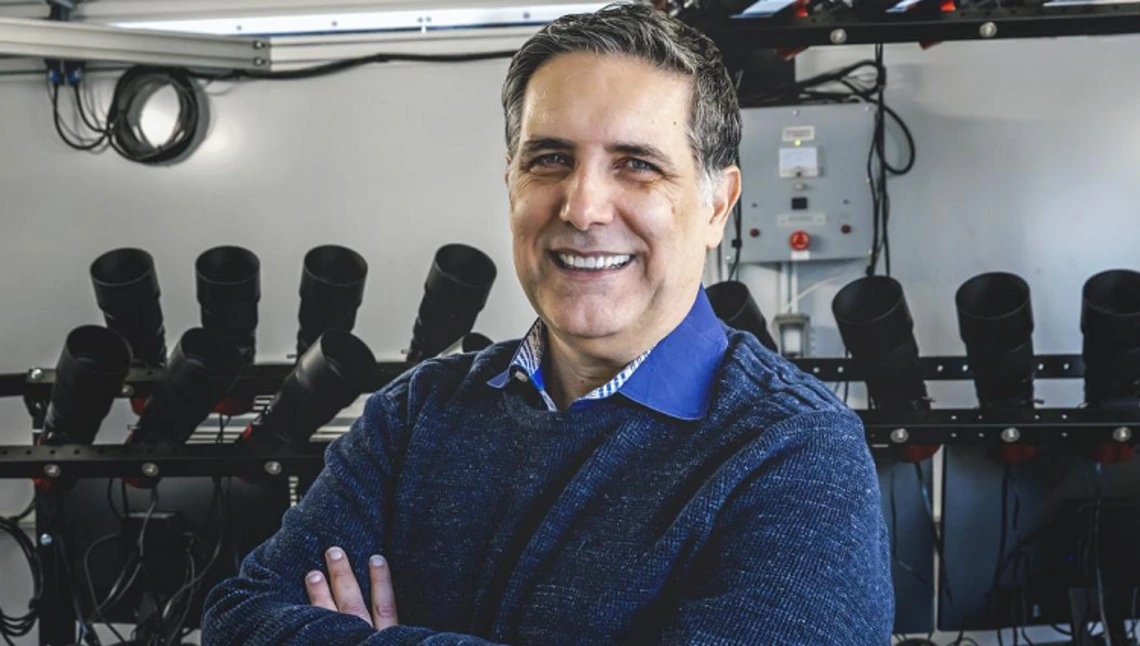Furfaro Discusses AI in the Future of Hypersonics

SIE professor Roberto Furfaro is leading a three year, $4.5 million grant to study artificial intelligence for hypersonic aircraft navigation. The research is sponsored by the Joint Hypersonic Transition Office through the University Consortium for Applied Hypersonics. Hypersonics is becoming an increasingly critical field in global defense.
“Many conventional systems are designed using linear theory and are not designed to fly or intercept at that speed,” Furfaro said in an interview with the Arizona Daily Star. “There are a lot of things happening in hypersonic flow that are so nonlinear that they are not fully understood, that we need to characterize if we want to design systems that work under these conditions.”
Furfaro will be joined by fellow University of Arizona faculty Aerospace and Mechanical Engineering professor Jesse Little and Materials Science and Engineering associate professor Erica Corral.
According to the Daily Star, the researchers will use data gathered from computer simulations and wind-tunnel tests about how vehicles behave in hypersonic flow to create a simulated environment for training the adaptive “brain” of the system.
To train hypersonic systems to navigate and react to extremely complex, high-speed situations on their own, the UA team is using a type of machine learning called meta-reinforcement learning.
“With meta learning, we can train it not only on one scenario, but on many scenarios,” Furfaro said. “The system is able to learn over a distribution environment, and every time it converges faster to the next one. By enabling this continuous learning, we are basically able to have a system that continually adapts.”
